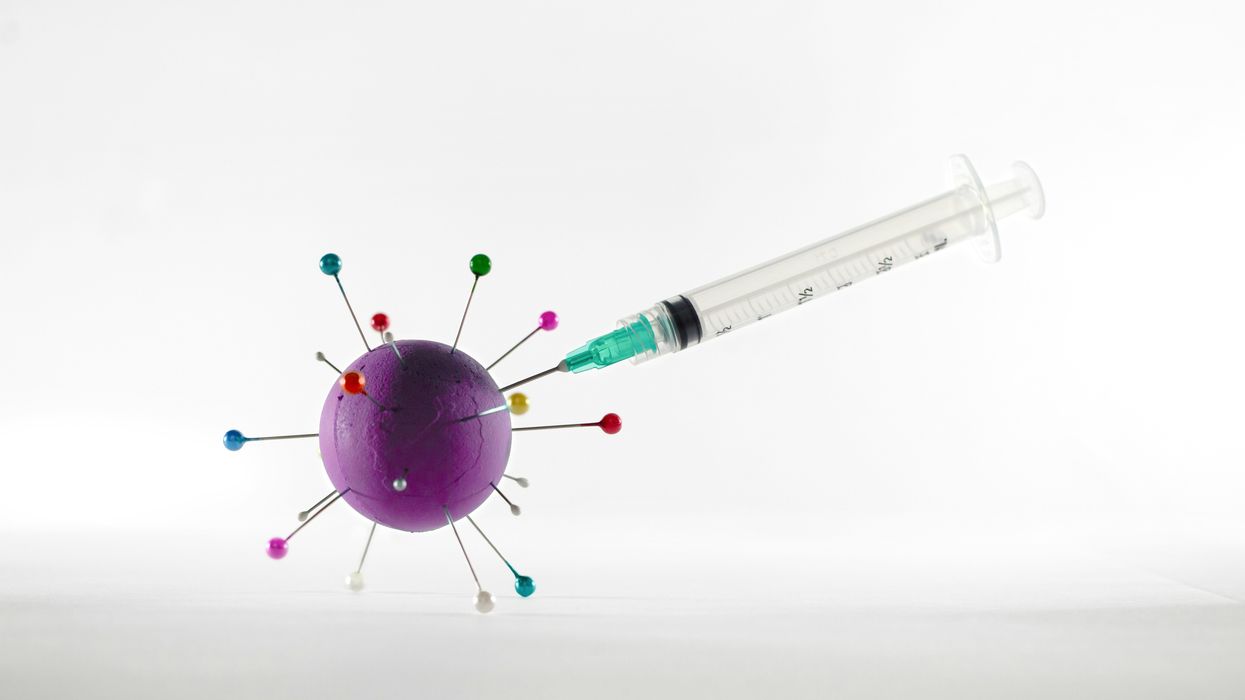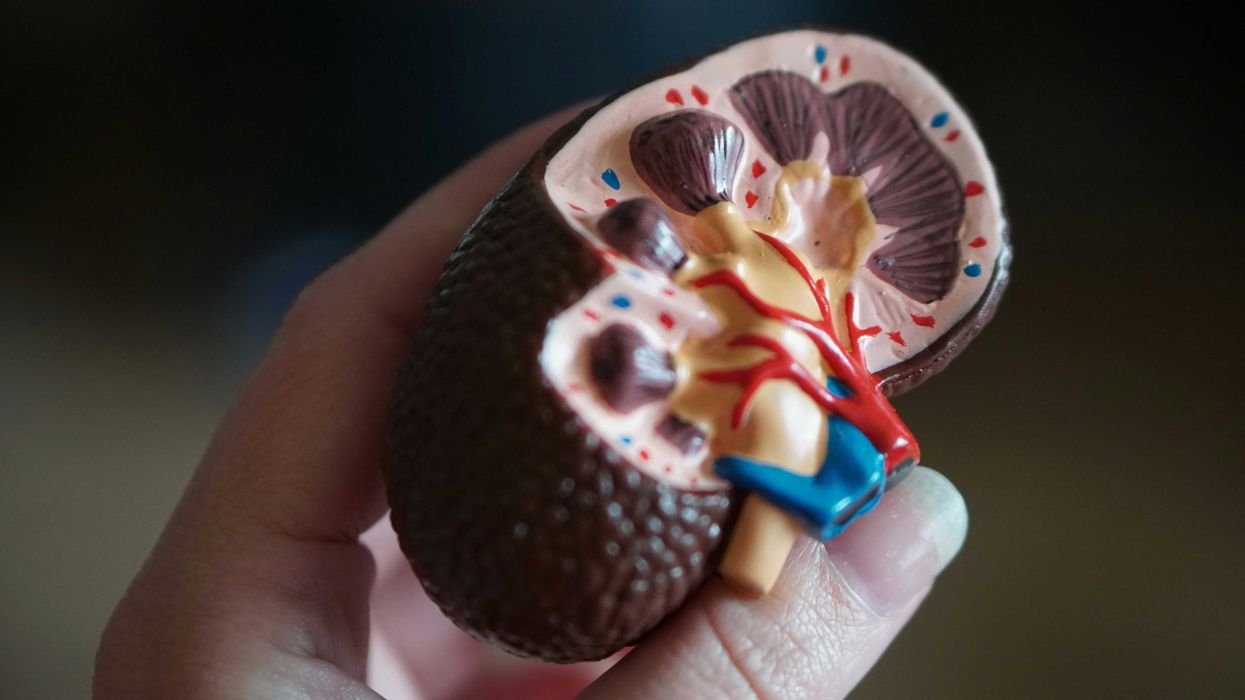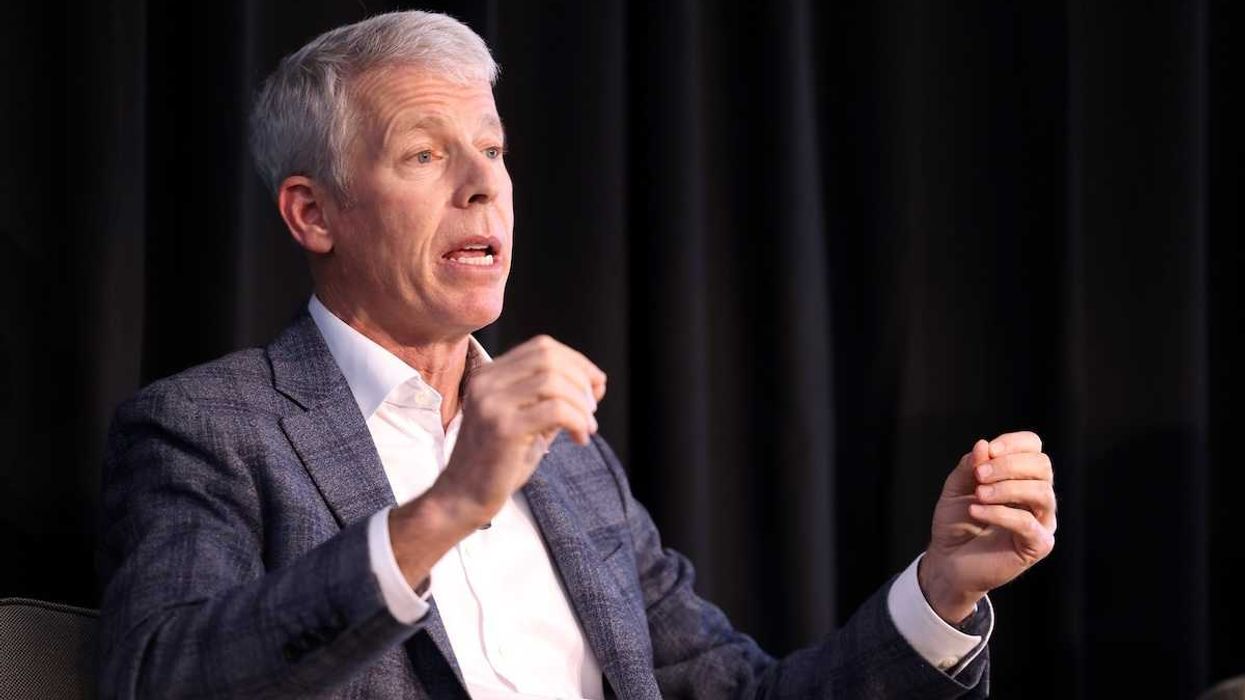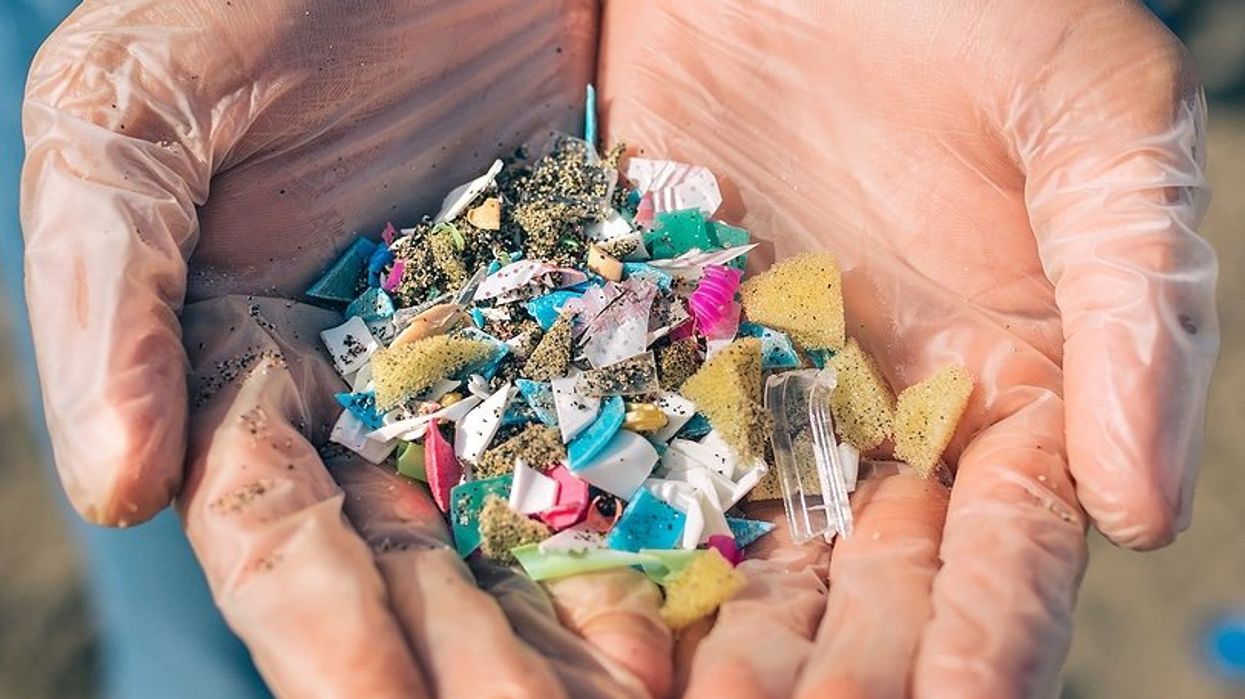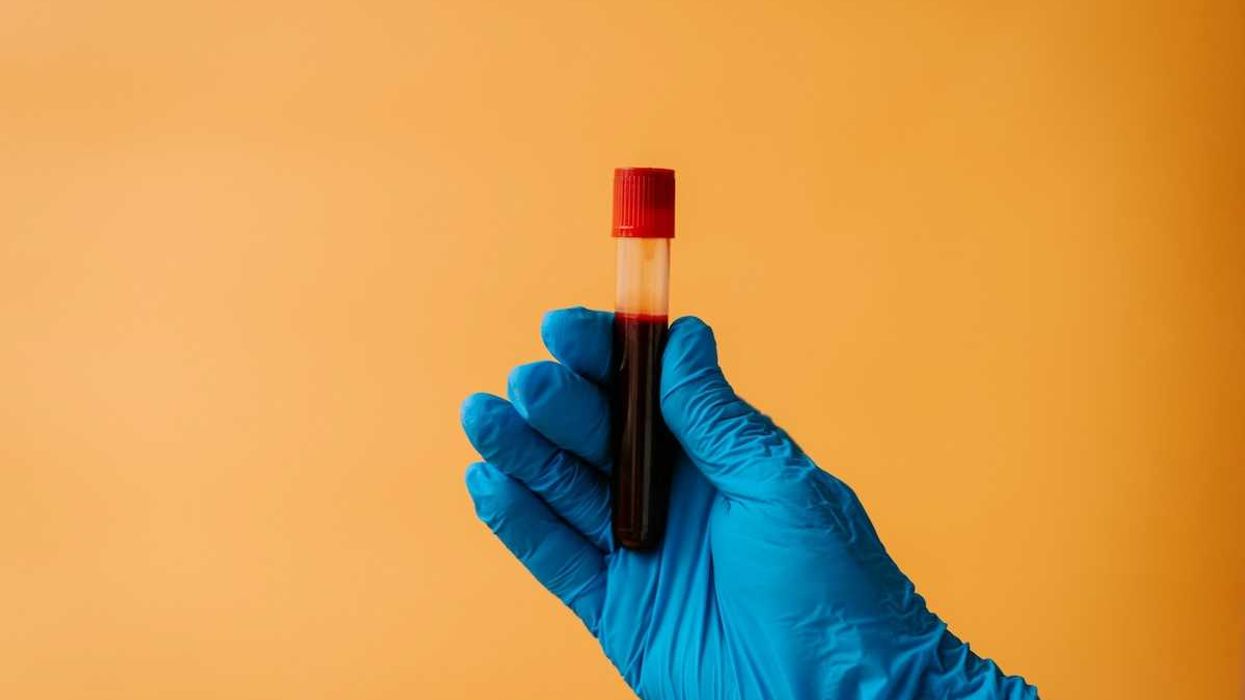The U.S. Department of Health and Human Services, led by Robert F. Kennedy Jr., is scaling back vaccine research and embracing superficial food policy changes — moves critics say weaken the foundation of public health in the United States.
Emily Oster and David Wallace-Wells for The New York Times.
In short:
- Robert F. Kennedy Jr. canceled $500 million in federal funding for mRNA vaccine research, a move experts warn could delay responses to future pandemics and stall cancer and HIV vaccine development.
- Changes to food policy have been mostly symbolic, such as voluntary pledges to remove food dyes, with little evidence they improve health; the only significant shift is allowing states to restrict soda purchases with SNAP benefits.
- Critics say Kennedy’s leadership reflects a broader public health philosophy rooted in distrust of institutions and preference for individual autonomy, even at the cost of effective policy.
Key quote:
“What’s happened is the worst of both worlds: The changes on the food side are minor, performative and irrelevant, while the changes on the vaccine side are enormous and terrible. And so we’ve somehow landed in exactly the worst possible case."
— Emily Oster, economist and CEO of ParentData
Why this matters:
Federal decisions about vaccines, nutrition, and food safety ripple through everyday life. Pulling back on mRNA vaccine research could leave the country flat-footed in the face of a future infectious disease outbreak or delay breakthroughs in cancer and HIV treatment. Meanwhile, superficial tweaks to food policy without meaningful enforcement ignore deep-rooted issues tied to obesity, diabetes, and diet-related disease. As trust in public health institutions wanes, these moves may further erode confidence in science and limit access to life-saving tools. The result is a patchwork system that prioritizes ideology over evidence, with real consequences for public health.
Related: Opinion: RFK Jr’s vaccine funding cuts could weaken US defense against future pandemics

